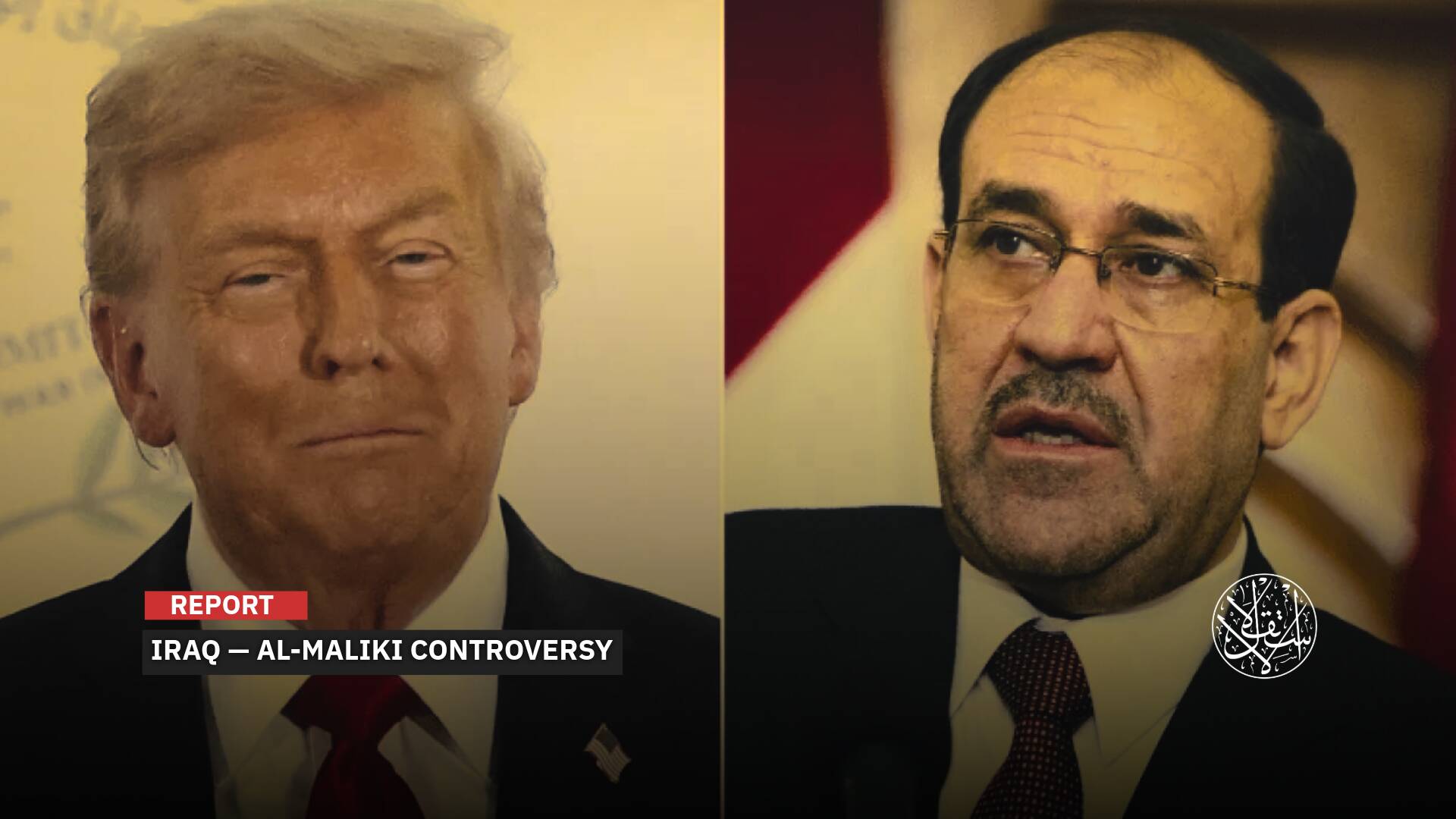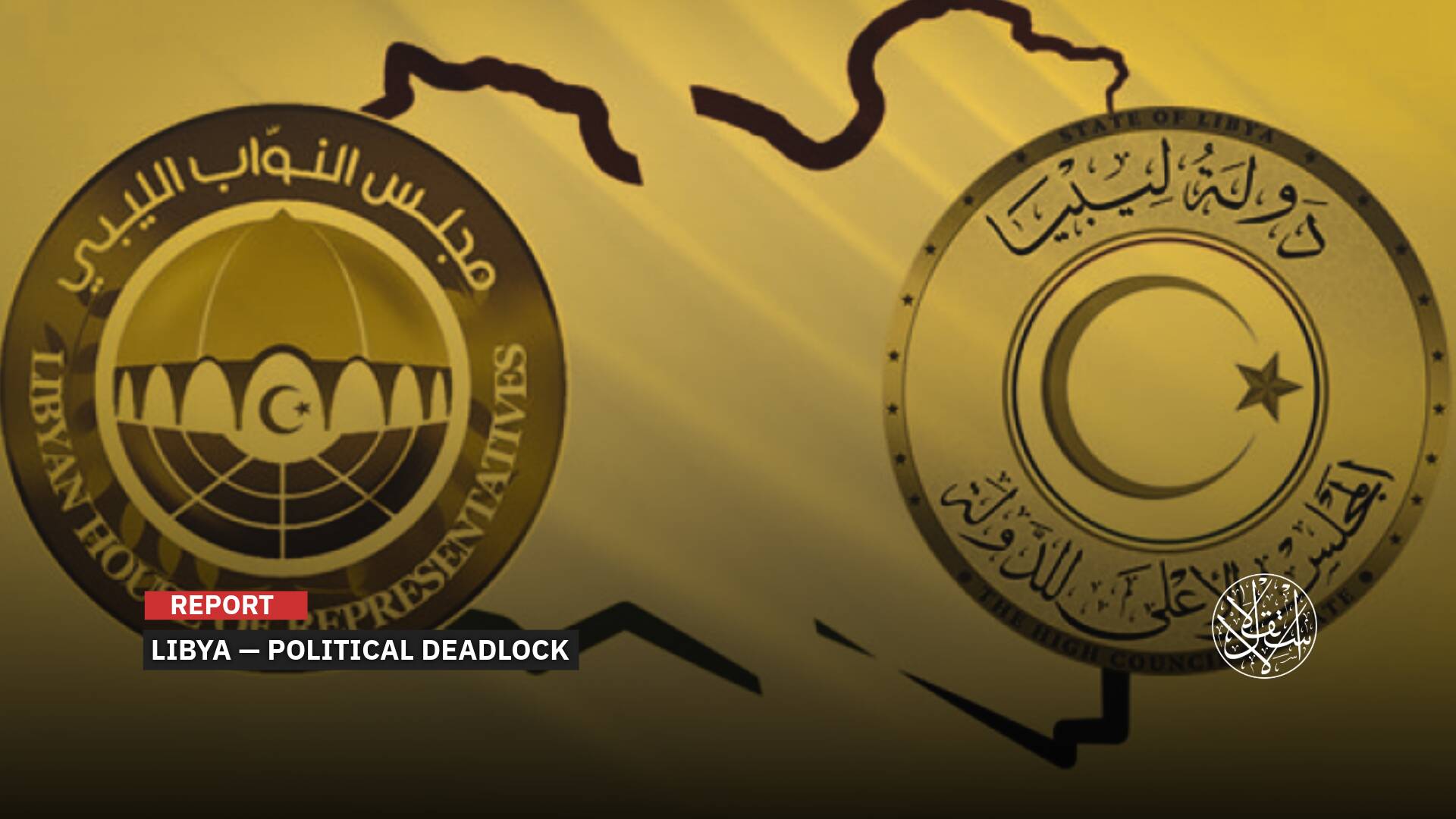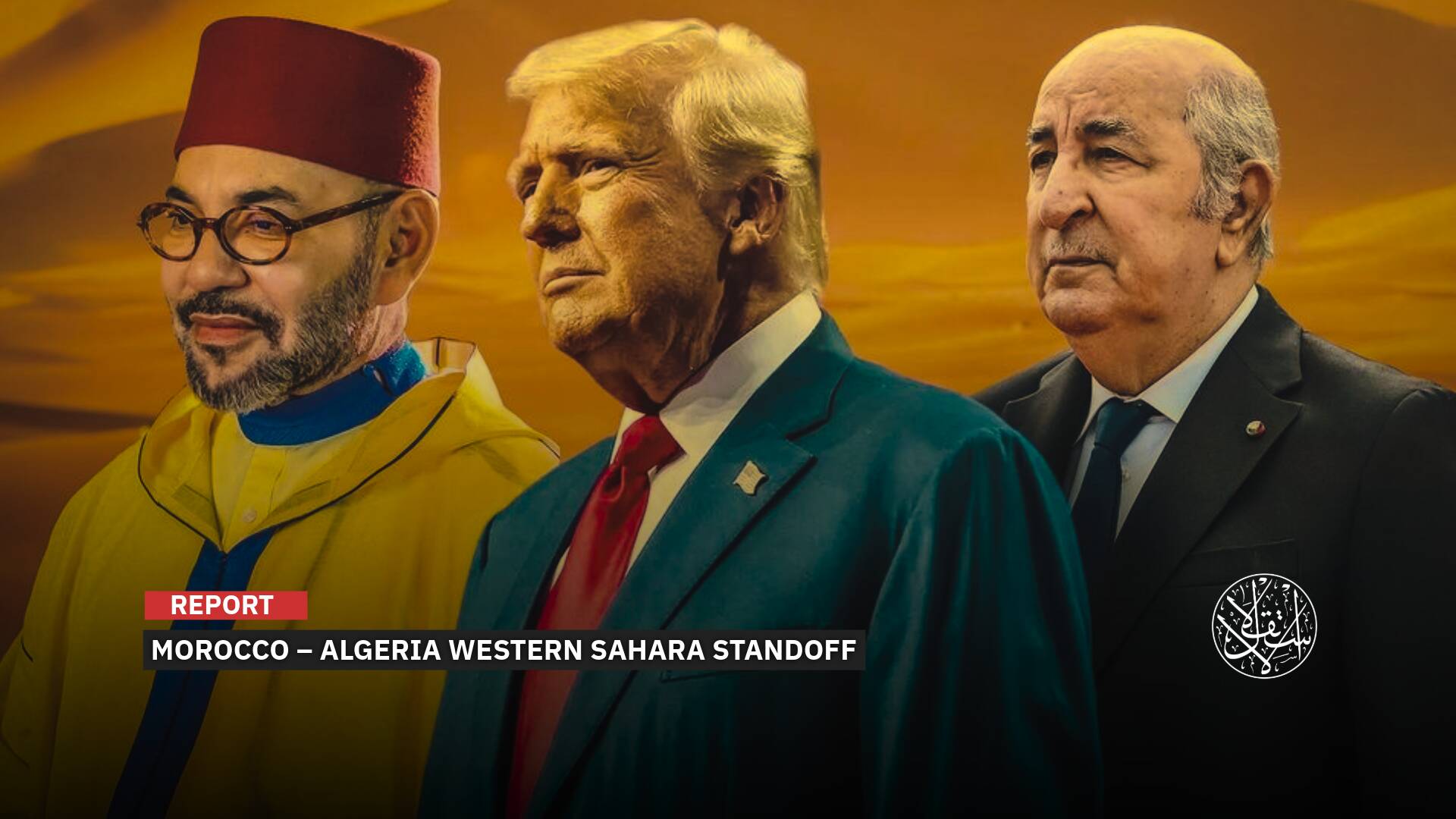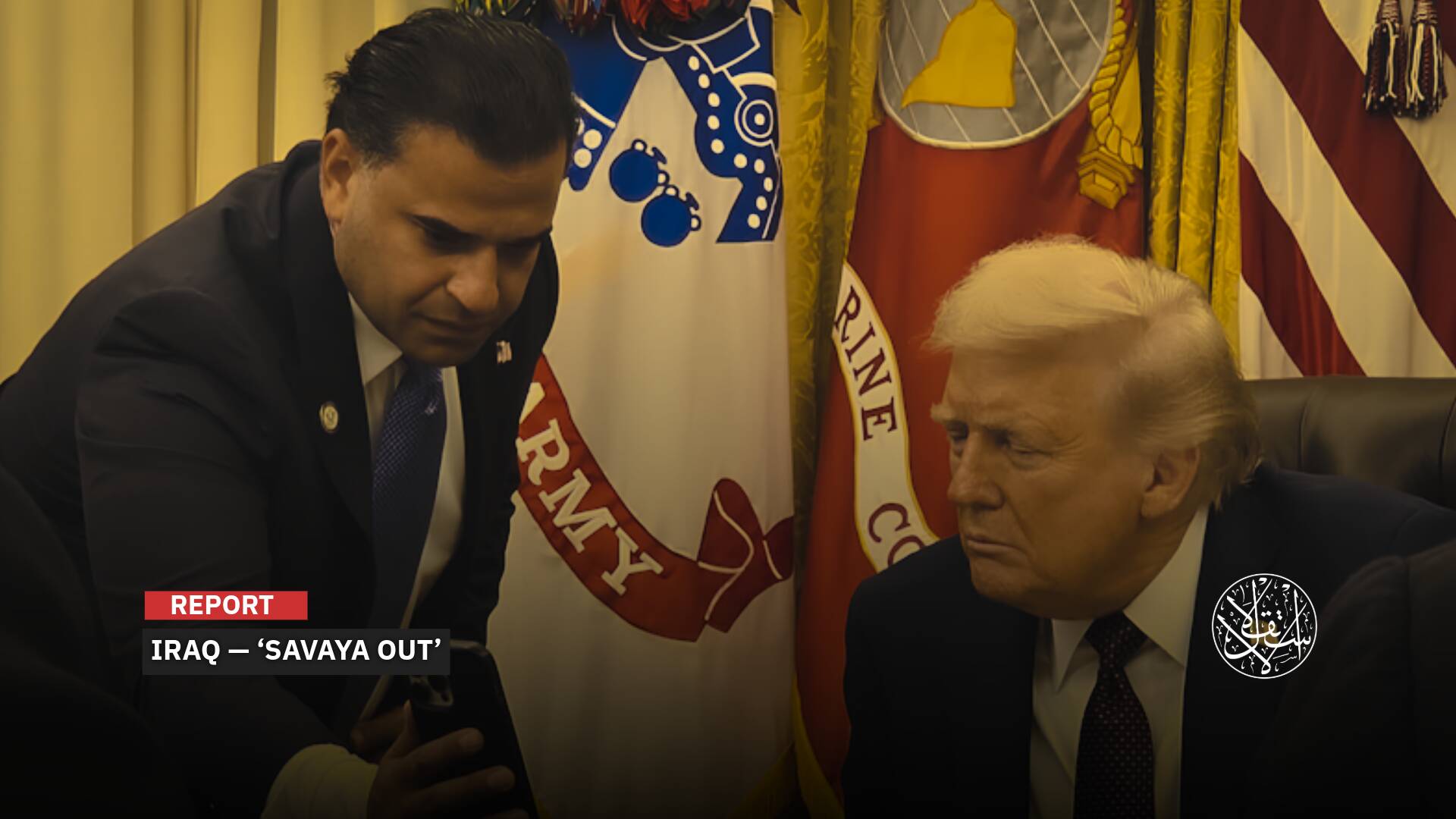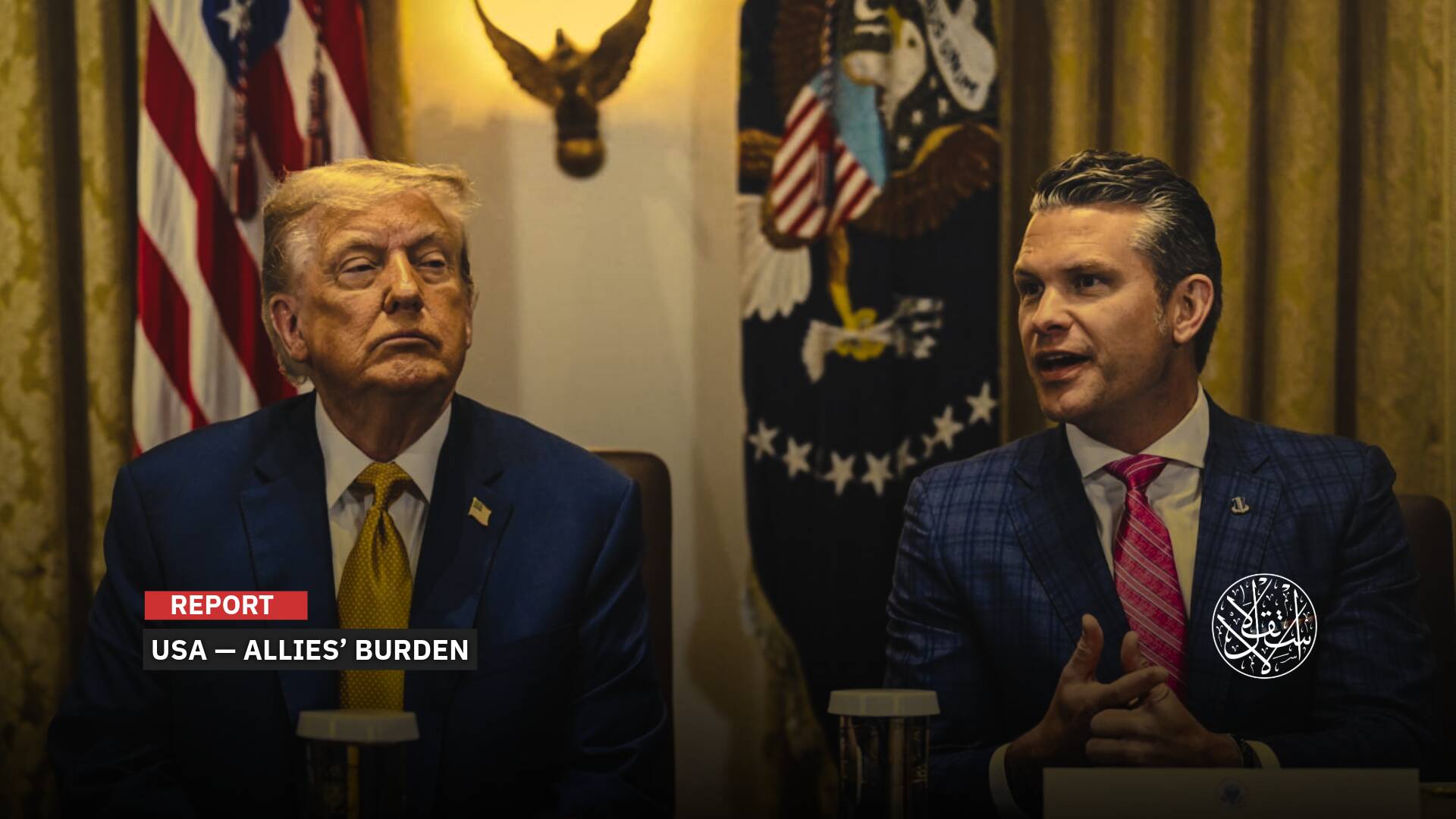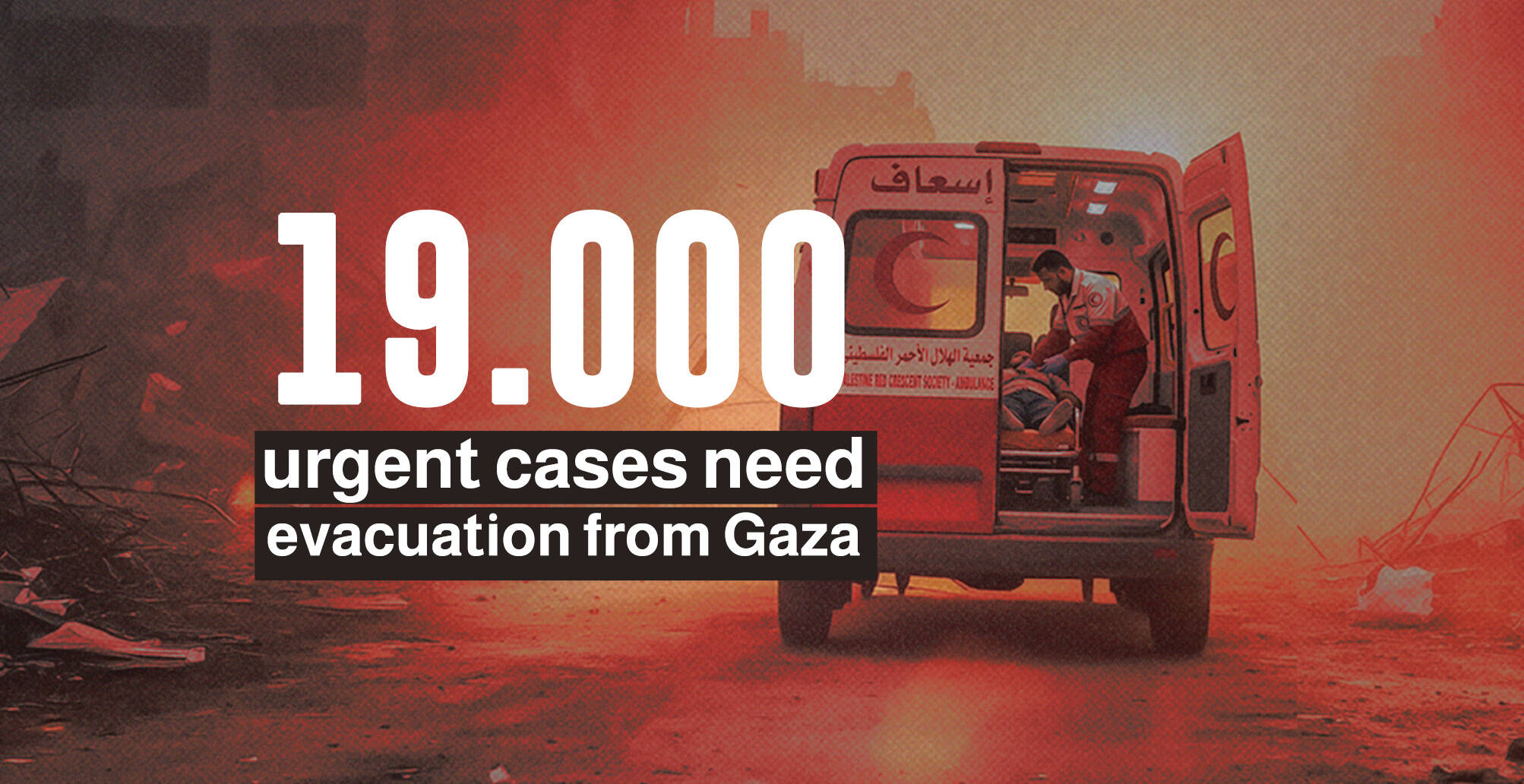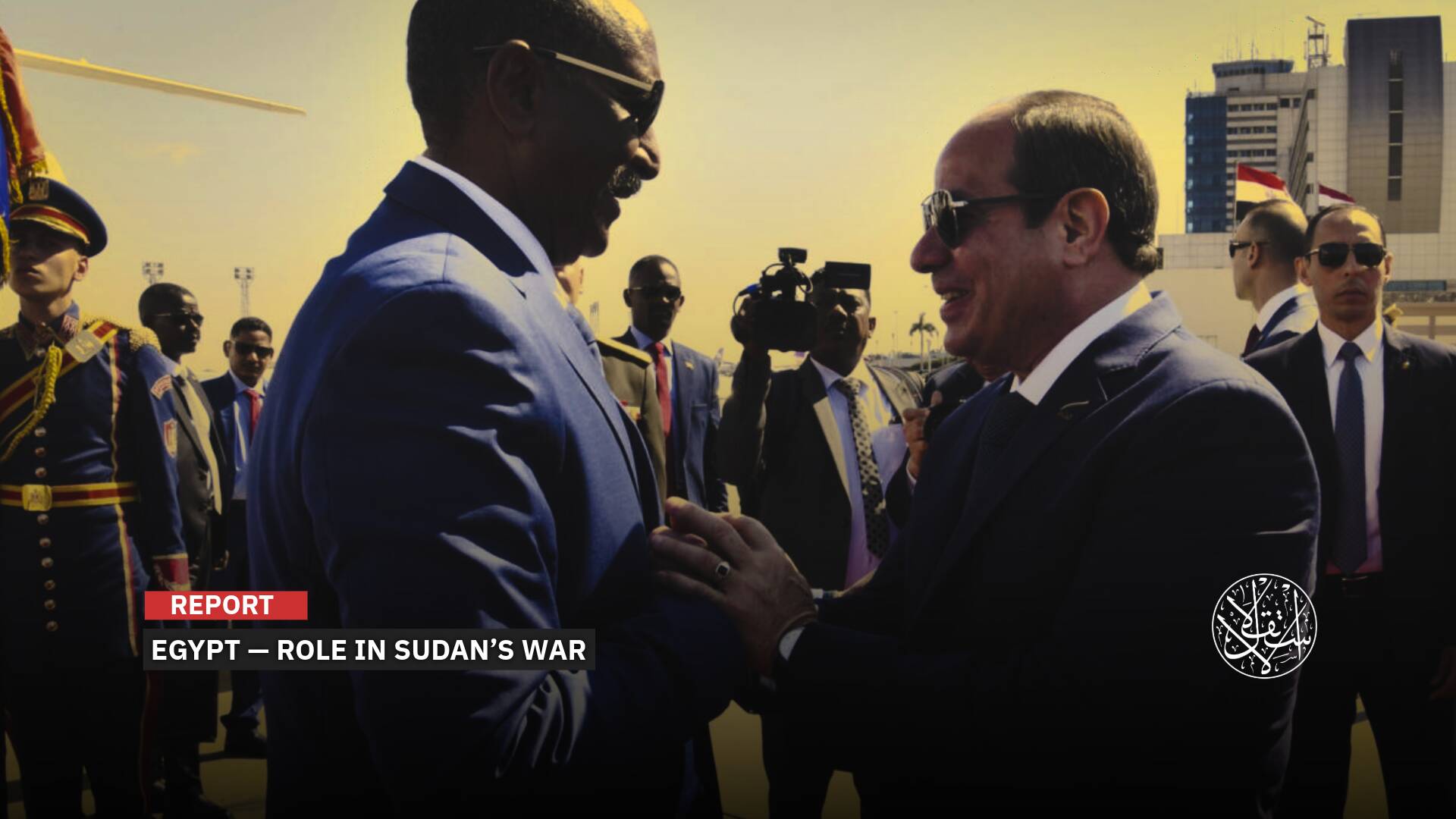Who Is Behind Orchestrating a Groundbreaking Film Advocating Homosexuality in Morocco?

Moroccan politicians and activists have vehemently voiced their opposition to the authorities’ decision to allow the screening of The Blue Caftan (Azraq al-Qaftan) film, directed by Maryam Touzani, in Moroccan cinemas.
Their disapproval primarily stems from specific scenes in the film that are perceived as promoting and endorsing homosexuality.
Adding to the concerns, the nomination of The Blue Caftan by the Moroccan Film Center, a governmental institution, as Morocco’s representative in the Best International Film category at the 95th American Academy Awards has raised additional alarms.
This development has further intensified the debate surrounding the film’s screening authorization.
Abdelilah Benkirane, the former prime minister and secretary-general of the opposition Islamist Justice and Development Party, has emerged as one of the leading critics, expressing his strong dissent toward the film.
Benkirane promptly voiced his disapproval of The Blue Caftan shortly after its screening started on June 7, 2023.
‘Dangerous Transgression’
Benkirane, speaking on behalf of the General Secretariat of his party, strongly condemned the decision to allow a film promoting homosexuality to be screened in Moroccan cinemas.
He deemed it a dangerous violation of religious, national, and moral values, as well as the educational principles cherished by the Moroccan Muslim population.
In a statement dated June 18, Benkirane called upon the relevant authorities to prevent the exhibition of such a film and enforce the existing law that was adopted in May 2015 to prohibit the screening of a same-sex film produced by the same production company known for its disrespect toward patriotism and sacred values.
Here, the party refers to Alin Productions company, owned by the family of Nabil Ayouch, who is the husband of director Maryam Touzani. Benkirane had previously accused Ayouch of fomenting discord in the country and threatening the unity of the family and society. He also alleged that Ayouch is the largest client of France in Morocco.
Benkirane praised Moroccan artists who refuse to participate in projects that aim to “destroy identity” and the Moroccan family. He urged them to confront such attempts that undermine the noble message of art in general and cinema in particular.
Benkirane called upon all relevant parties to take action and address the ongoing attempts to normalize this abnormal phenomenon and spread it within Moroccan society.
The Islamic Party expressed concern about the increasing risks associated with the efforts of certain Western entities to destabilize families worldwide through various means.
He emphasized the importance of safeguarding spiritual security and social stability while confronting voices that seek to propagate indecency and undermine the principles of the homeland and the genuine faith of the Moroccan Muslim people.
Targeting Society
Touzani, the director of the film, argues that her work, which was shortlisted for the Best Foreign Film category at the Academy Awards, can contribute to initiating a healthy and necessary discussion about the issue of homosexuality it addresses.
In a statement to Agence France-Presse (AFP), she expressed her pain at witnessing the LGBT community living in a state of fear, being forbidden and subjected to judgment.
Touzani stated in a telephone interview with AFP, “I hope the film can contribute to nurturing a healthy, much-needed debate” about same-sex relationships. She expressed her sorrow over individuals living in hiding, fearing judgment, and having their love suppressed and denied.
The Blue Caftan portrays the story of Halim and his wife Mina, a couple who produce and sell traditional robes in one of Morocco’s oldest marketplaces.
Their relationship is disrupted when a young and attractive apprentice arrives, leading to Halim’s attraction toward him. The wife is aware of her husband’s homosexual orientation, but she remains silent.
After she falls ill, a young apprentice enters their lives to learn sewing, and he engages in an affair with the wife to fulfill her sexual needs in return.
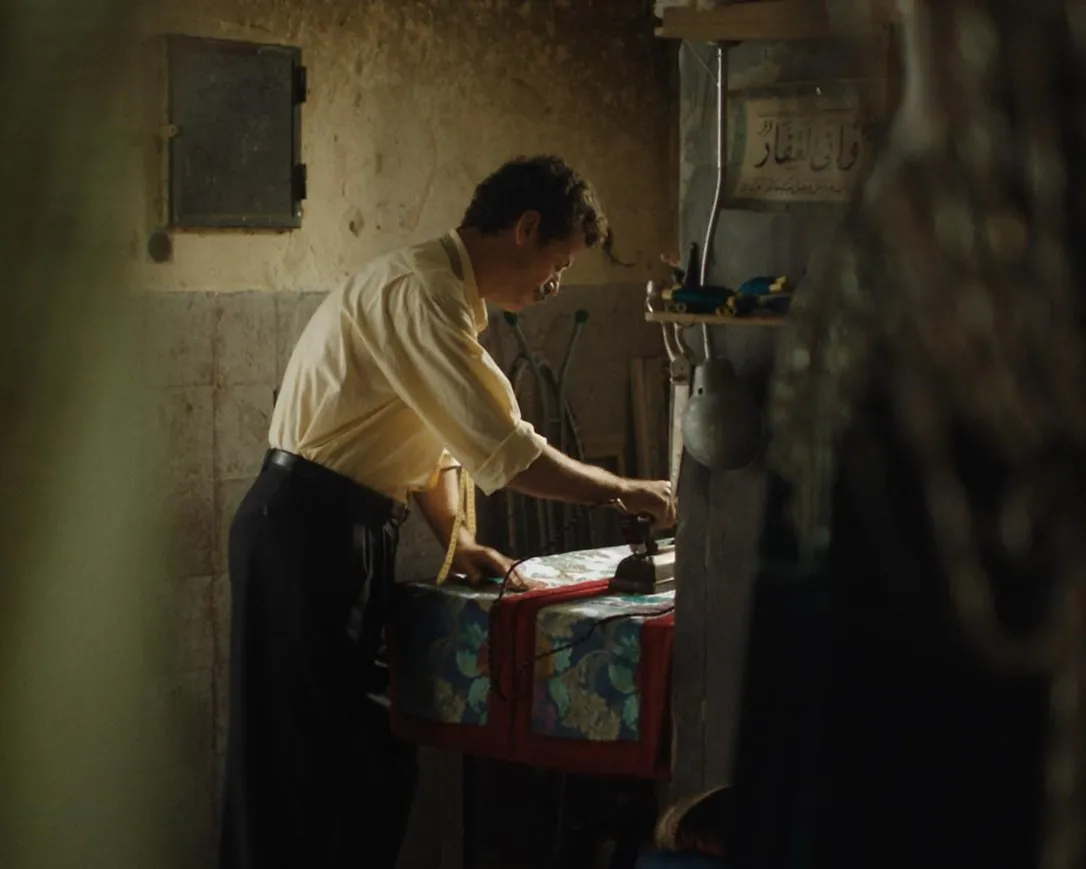
According to the film, their love for each other remains, and they assist one another in satisfying their respective desires.
On the other hand, Reda Bougemazi, a lawyer, political, and social activist, argues that the film contradicts Moroccan societal values and harms identity. Bougemazi expressed to Al-Estiklal, “We support the freedom of art and creativity, and the expansion of artists’ imagination and artistic creations, but it should be within the limits of the constitution and inclusive constants, including Islam as the religion of the state and society.”
Bougemazi emphasized that the film’s message contradicts the constitutional framework and the law, especially as it threatens the inherent values of Moroccan society.
In light of this, Bougemazi called for the direct intervention of public authorities to halt the film’s screening.
Regardless of whether the authorities respond to this request or not, Bougemazi believes that the burden lies on Moroccan society, which must refuse to engage with films that harm its ethics and values by boycotting such works.
Society must send a clear message that it cannot approve of these actions under the pretext of addressing phenomena that may be considered abnormal in society.
The proper approach to addressing such anomalies is not by highlighting and portraying them in cinema and television. Bougemazi stressed that tackling and treating such issues in society requires identifying cases and seeking medical advice because abnormalities require treatment.
Zionism and Perversion
A number of Moroccan researchers have linked the promotion of this film, which supports homosexuality, to the reality that is being undermined by normalization with the Zionists, representing both destruction and danger to Morocco.
Since the announcement of Morocco and “Israel’s” diplomatic normalization on December 10, 2020, the two countries have intensified their cooperation rapidly in all political, economic, military, and cultural spheres.
In this regard, Mohamed Awam, a researcher at the Maqassede Center for Research and Studies, stated that what he referred to as Ayouch’s “degeneracy,” in reference to the film’s producer, is being shown in cinemas, normalizing sexual deviance in a country known as the land of saints, righteous people, scholars, and the guardians of spiritual and moral values.
Awam added that this normalization of filth and obscenities is added to the normalization with the Zionists, thus forming a comprehensive system of destruction.
He continued, stating that it leads to the destruction of the Moroccan state, its principles, beliefs, and authenticity, and it damages all levels, aiming to create a generation with distorted identity and morals and destroyed thought.
The same speaker added that “we are currently facing a flood and tsunami of systematic corruption, whose consequences on society, individuals, and the state are not doubted by any rational believer.”
Awam criticized the silence of the majority of scholars and jurists in the face of this destruction.
He also criticized the silence of many intellectuals who witnessed the moral collapse and the dominance of the current of corruption and tyranny that has prevailed in the country, without using their pens to expose its flaws or raise their voices in condemnation and disapproval, as a protection for their homeland.
The academic researcher pointed out that if filth and vice prevail and penetrate minds and hearts, it will inevitably be followed by destructive punishment. This is a constant divine rule and an unchangeable and unforgettable divine principle.
Awam concluded by saying, “We disassociate ourselves from Ayouch and his ilk and their corruption in our country, just as we disassociate ourselves from the Zionists and their actions. We ask God not to grant them any position and to render them frustrated and unsuccessful. We also pray for the protection of our country from criminals who plot against it.”
In the same context, Ahmed Ouihman, a human rights activist and head of the Moroccan Observatory against Normalization, stated that the Israeli Communications Office in Rabat is the official sponsor of spreading Homosexuality in Morocco.
Ouihman condemned in a statement to the local website HowiyaPress on June 11, 2023, the “targeting of the country’s stability and the spread of sedition,” calling for an investigation into the misappropriation of public funds in promoting homosexuality, as the film is supported by the Moroccan Cinematic Center, which is funded by public money.
The human rights activist pointed out that the director, Maryam Touzani, attempted to convey messages promoting coexistence and tolerance with homosexuality and normalization through the story of the film.
Sources
- Film critic Mustafa al-Talib criticizes showing a film that promotes homosexuality against the values of Moroccans [Arabic]
- Great anger due to the screening of a new movie by Ayouch printed with “homosexuality” [Arabic]
- Screening a film that promotes homosexuality is a dangerous violation of religious and national constants [Arabic]



